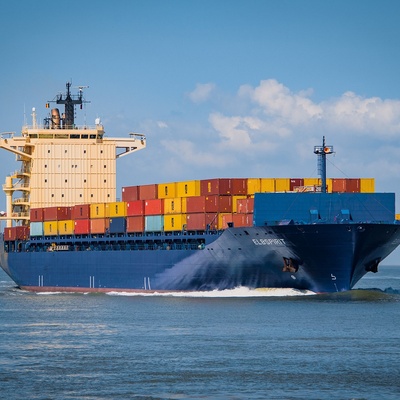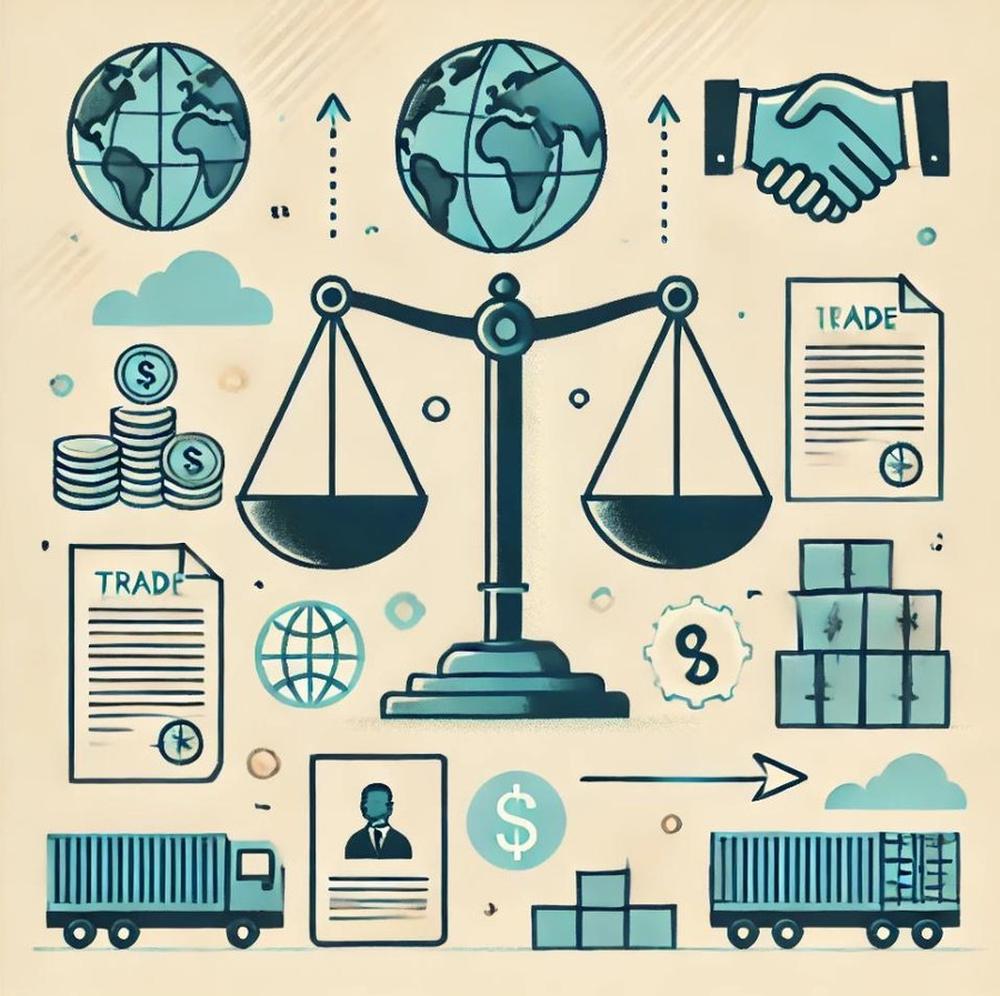
- #China-US Competition
- #Economy & Trade
- #South Korea
- #US Foreign Policy

▶ Donald Trump is back. How will the return of Trump, who initiated the U.S.-China trade war with tariffs, affect global competition in trade, innovation, and industrial policy? What strategy should Korea adopt in this situation?
▶ This article examines the global risks South Korea may face if the newly elected Trump administration adopts an "America First" policy centered on tariffs and considers the strategic stance Korea should take. To implement a viable policy domestically, resolving political instability in Korea is also urgent.
The U.S.-China rivalry that began during Trump’s first term has expanded into competition over trade, industrial policies, and innovation. This rivalry has created secondary effects on other countries beyond the U.S. and China. The Biden administration developed various institutional frameworks to align allied policies with those of the U.S. However, uncertainty remains about how much continuity the incoming Trump administration will maintain in its approach toward allies, potentially creating new opportunities for China.
President-elect Donald Trump is back. How will the return of Trump, who initiated the U.S.-China trade war with tariffs, affect global competition in trade, innovation, and industrial policy? What strategy should Korea adopt in this situation? This article examines the global risks South Korea may face if the newly elected Trump administration adopts an "America First" policy centered on tariffs and considers the strategic stance Korea should take. To implement a viable policy domestically, resolving political instability in Korea is also urgent.
Biden, who inherited Trump’s policy of countering China, invested significant effort into multilateral and bilateral efforts to organize allies under the U.S.-led global order, referred to as the rules-based order. Critics exist regarding how hollow the efforts to uphold the value of a rules-based order have been. Nonetheless, the Biden administration effectively organized allies under U.S. leadership, which China has struggled to replicate. For instance, the Biden administration, in coordination with the Netherlands and Japan, imposed export controls on advanced semiconductor manufacturing equipment, significantly impacting China’s semiconductor industry. By organizing both small and large forums, the U.S. utilized its convening power to exert effective pressure on China.
The incoming Trump administration is expected to prioritize American interests under the Make America Great Again (MAGA) agenda. Trump campaigned on promises of a broader trade war, including imposing a 20 percent “universal” tariff on all foreign imports and raising tariffs on Chinese goods to 60 percent. Tariffs were frequently employed during Trump’s first term as a tool to address trade imbalances and negotiate with foreign governments. However, from the perspective of allies reliant on the vast U.S. market, the weaponization of tariffs could hinder their willingness to cooperate with the U.S. on policy matters.
During the Biden administration, the U.S. promoted ally-shoring and friend-shoring policies to strengthen its manufacturing capabilities for semiconductors, electric vehicles (EVs), and EV batteries. These efforts culminated in subsidy agreements with foreign semiconductor companies. While allies made significant investments in the U.S. despite high labor costs and skilled worker shortages, there is widespread concern about whether the Trump administration will maintain continuity in these policies. Abrupt policy shifts under Trump could disadvantage allied companies and provide opportunities for Chinese firms.
China appears generally optimistic about Trump’s return to office. Domestically, China has already experienced the weaponization of tariffs during Trump’s first term, making his China policy less of a new risk factor. Internationally, a 20 percent across-the-board tariff on U.S. allies combined with an "America First" approach could unravel the policy alignment achieved under the Biden administration. From China’s perspective, the disengagement of U.S. allies from American policy initiatives could open new opportunities for Beijing.
The global economy continues to grapple with the repercussions of China’s overproduction. A 2024 UNIDO report projects China’s share of global industrial output will rise from 6% in 2020 to 45% by 2030, while the U.S.’s share will decline from 25% to 11%. This dramatic shift stems from China’s capacity expansion across sectors such as steel, wind power, solar energy, electric vehicles, and batteries. The surge in Chinese EV exports, dubbed the "Chinese EV invasion," is reshaping the global automotive landscape.
If a Trump administration restricts U.S. market access for allies, the economic strain on these nations could hinder their willingness to collaborate on key geopolitical and economic initiatives. Many U.S. allies are already grappling with slower economic growth partly due to the fallout from de-risking with China amid U.S.-China competition. Denying them U.S. market access could exacerbate these challenges.
To counter China’s industrial expansion effectively, collective action among allies is crucial. Washington has explored new trade negotiations emphasizing coordinated tariff increases on third countries, requiring close cooperation with partner nations. U.S. policy alone is insufficient for meaningful change; success demands a united front. According to the UNIDO report, Japan, South Korea, Germany, the UK, and Taiwan are projected to account for modest shares of global industrial production by 2030. South Korea’s industrial capabilities, in particular, could serve as a foundation for responding to China’s growing influence. To ensure the hard-won spirit of cooperation endures, South Korea must work closely with like-minded countries, even amidst the uncertainties of a new Trump administration.

Yongshin Kim is an Associate Professor in the Department of China Studies at Inha University, South Korea. He serves as the Department Chair and Director of the Inha Institute for China Studies. His research interests include politics and political economy of China, the U.S.-China technology competition, industrial policy, and economic security. His recent works have been published in the Journal of Chinese Political Science, Korean Political Science Review, Pacific Focus, The Pacific Review, and China: An International Journal, among others. (yongshin@inha.ac.kr)

